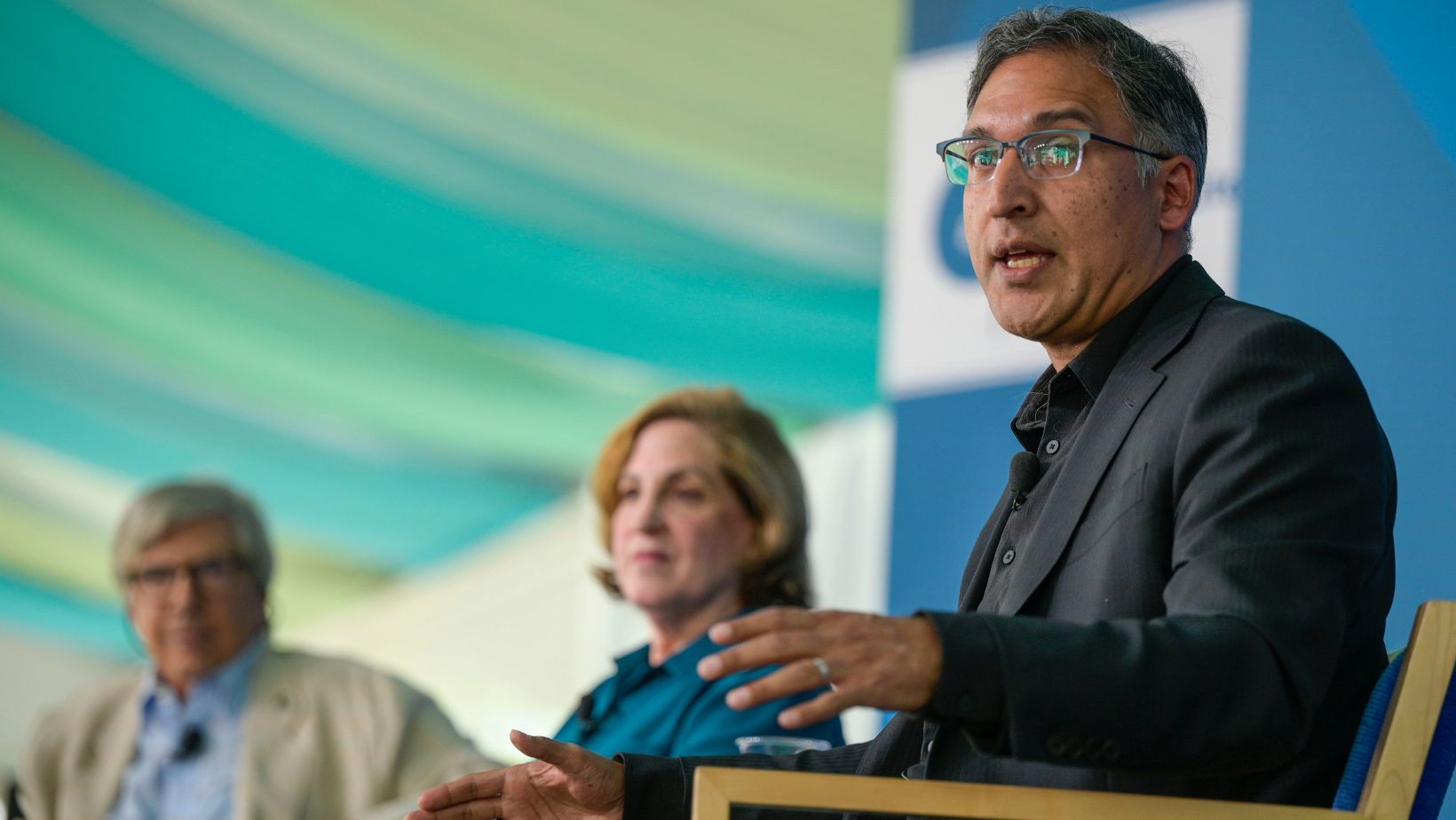
Rep. Ted Deutch (D-FL) asked his colleagues in Congress to take a break from fundraising when they are in Washington during the month of February. I am told that orientation manuals prepared by campaign committees for members of Congress encourage them to spend at least five hours of a ten-hour day raising money. Deutch’s logic is clear; if lawmakers spent less time calling donors and more time at hearings, studying policy, and getting to know one another then the Congress might function better than it has in years.

To my knowledge, not a single member has agreed to take this pledge. I have talked to a few fundraisers I know and they tell me a variation of the same story. They say that you can’t really raise money in January because folks are exhausted from the end of the most recent campaign cycle, so if you take off February too then you’re only leaving yourself one month to raise money in the first quarter. If you don’t bring in a big haul in the first quarter, a mere three months since taking the oath of office, then you are inviting someone to challenge you either in a primary or a general election. Never mind that the next time lawmakers will stand for election is nearly two years away.
Fifteen states already have laws on the books prohibiting lawmakers from accepting any contributions any time they are in session. These laws haven’t been a panacea for all of the negative effects of excessive money in the political system, but they have made an impact. The most significant effect of these laws is to restore some sense of legitimacy to a legislative body that passes and abides by them.
In January, a Gallup poll showed that 76 percent of Americans disapproved of how Congress was doing its job; there is no question that the body could use a credibility boost. If Congress agreed not to fundraise while they were in session they could show a wary public that they can agree on the importance of avoiding potential conflicts of interest between donors and particular votes. Perception of Congress and public support for lawmakers is an important foundation for success. Folks watching Congress on C-SPAN would know that the members they are seeing aren’t simultaneously doing fundraising duties.
When I came to Congress I didn’t know much about agriculture policy. But I learned much about food and agriculture issues after many years of working on the Agriculture Committee, talking to my own constituent farmers as well as other stakeholders across the nation, and spending time on the House floor watching the debates. The only way to really learn the issues is watching them be debated. That means more time on the floor and in committee meetings and less time phoning donors while Congress is working. Eventually I learned enough to chair the agriculture subcommittee, which has jurisdiction of federal farm policy issues, and later became President Bill Clinton’s secretary of agriculture.
The total session time, gavel to gavel, for members of Congress in February is only 12 days. It is too bad that Rep. Deutch wasn’t able to convince any of his colleagues to forgo fundraising even for such a short time. I hope he doesn’t give up on this idea, and that more of his colleagues consider joining him in the future.
Dan Glickman is vice president and executive director of the Aspen Institute Congressional Program.

